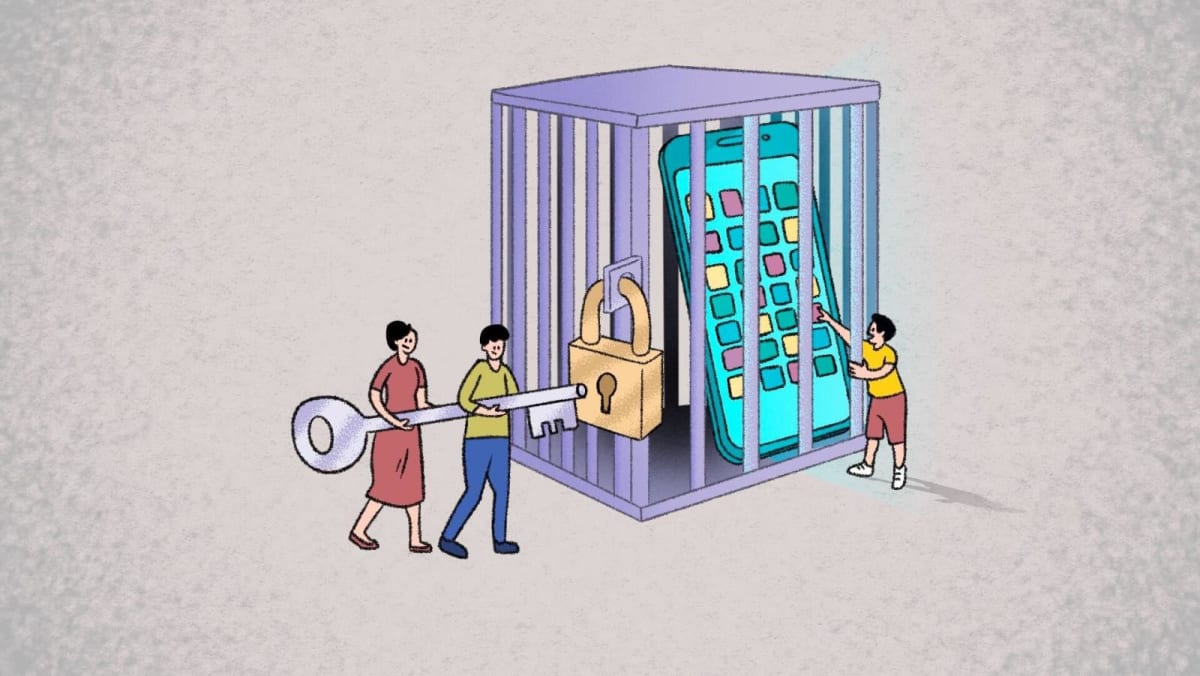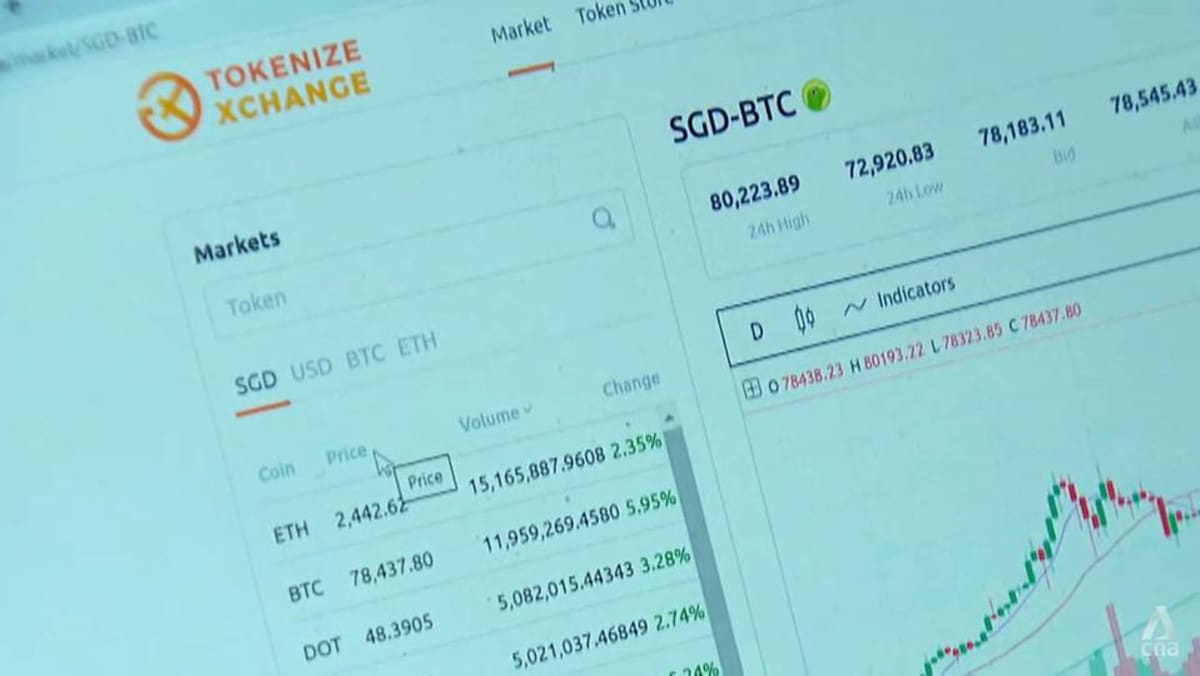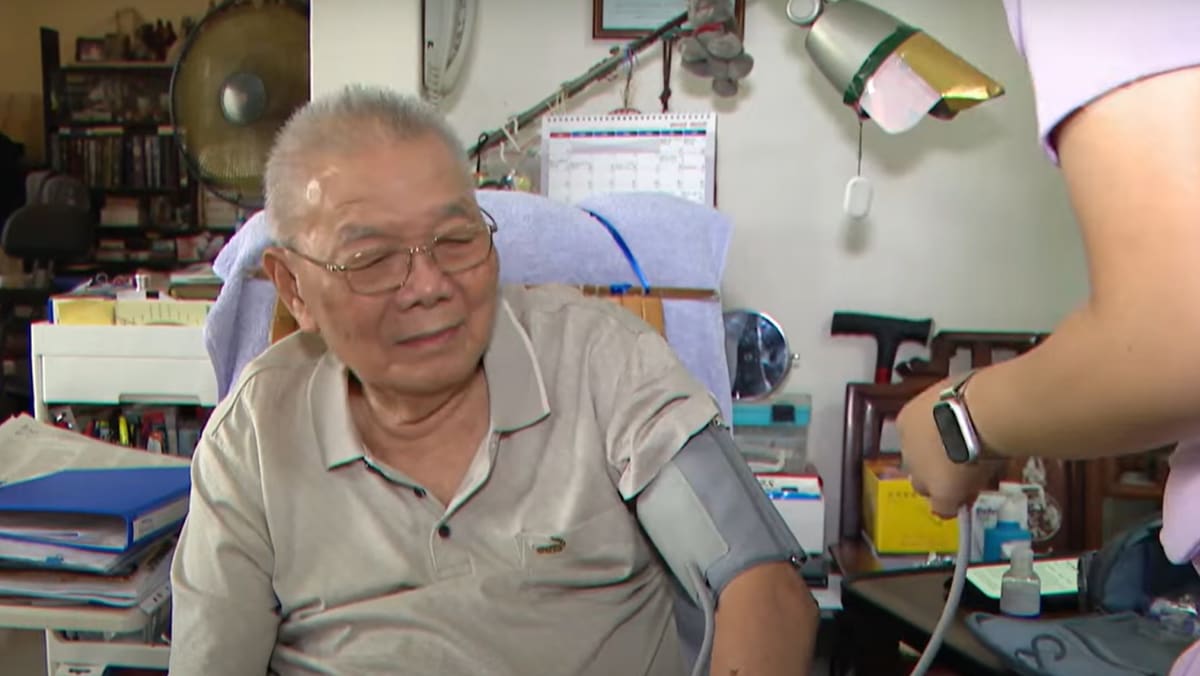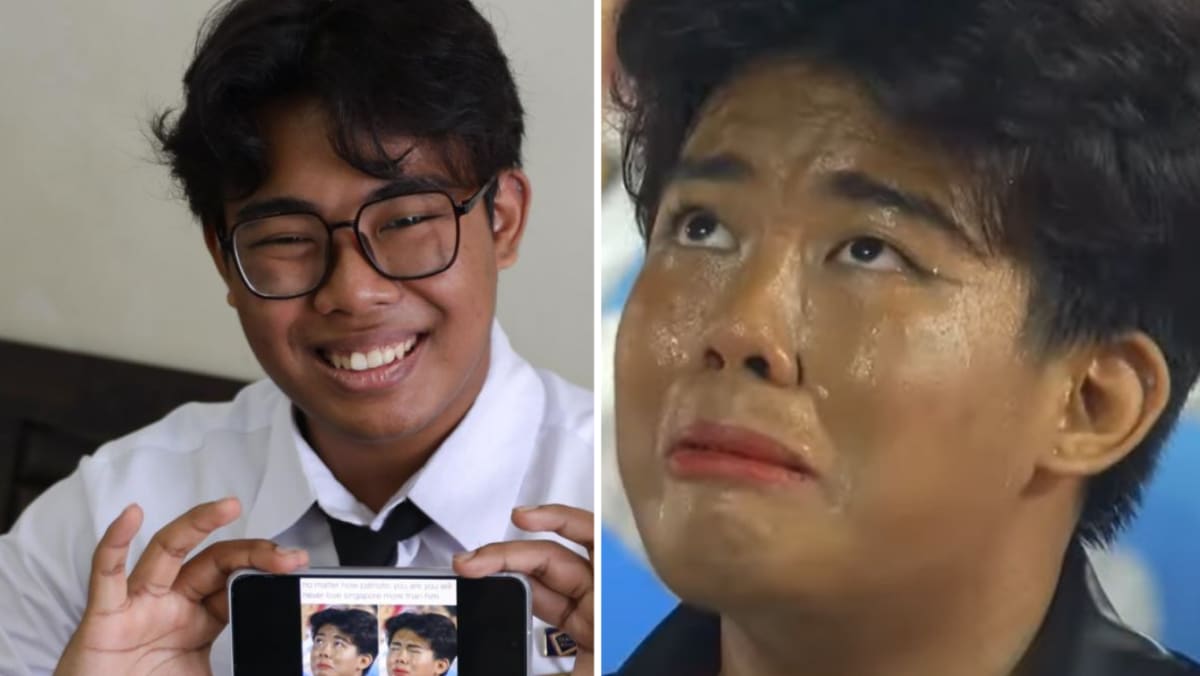As a father of two aged seven and 11, a civil servant who wanted to be known only as Mr Jay, said that while he allows limited use during travel or waiting times, he sets clear boundaries on gaming – the children get a maximum of 30 minutes after homework on school days, and on weekends, up to an hour.
Mr Jay said he has not seen attempts to bypass limits yet, but expects it eventually as his son and daughter grow older.
“The reality is, they’ll be exposed to inappropriate things. Kids watching pornography is something that’s been around for decades,” he said.
“My worry is what exists online now, how dark and warped some content can be, and how that might affect a young mind.”
Mr Jay also said that cyberbullying is his biggest concern, as he is aware how comment sections online can be “full of hate and negativity”.
“That kind of environment can really affect a child’s mental health and development, especially with how anonymous people are when they post.”
Other than monitoring their children’s internet usage, some parents told CNA TODAY that they dislike the idea of handphones being allowed in schools, especially since there is currently no blanket ban on these devices.
Ms Shulin Lee, a legal recruiter and a mother of two aged six and nine, said she was shocked to learn from friends and people she met at work that primary school children as young as seven and eight had been caught watching explicit content at school.
Hearing of such incidents has reinforced her belief that smartphones should not be allowed on school grounds.
“It doesn’t matter that they say smartphones will be confiscated if used during class. Kids are using them in the toilets and looking at inappropriate material when waiting for the school buses together.”
Worried that her own son, currently in Primary 3, would have been exposed to such content, Ms Lee said that she spoke with him after hearing the stories.
“I told him clearly what to do if anyone shows him inappropriate content, that he should walk away and tell a trusted adult, like a teacher or parent. These aren’t easy conversations, but they’re necessary.”
Where there are screen time limits, there will also be teens figuring out how to bypass them.
Junior college student Jarrett Er, 17, Ms Lim’s eldest son, once woke up at 5am for a week straight just to play video games before his parents got out of bed. His ploy was discovered when his father happened to get up for a drink around the same time and caught him red-handed.
Jarrett also said that he tried to bypass the late-night outage by using his handphone’s hotspot for internet access, which his parents eventually discovered.
“After the 5am ploy, my parents did not allow me to play video games for a few months.”
Polytechnic student Sujaish Kumar, 18, said his parents did set screen time limits when he got his smartphone in Secondary 1. But by Secondary 4, he had found ways around the restrictions, such as telling his parents he had extra classes just so he could stay out later and use his phone without restrictions.
He has come across violent content on Instagram, such as school fights, gore and even videos showing people being killed, often without proper warnings.
“It was disturbing at first, especially when I was younger. I used to think the world was peaceful, then I realised these things happen everywhere,” he said.
Sujaish added that he never told his parents about such content but sometimes discussed it with friends, who were also the ones showing him such videos.
“I definitely feel more desensitised since I got used to that kind of content,” he admitted.
While Sujaish thinks that 16 is a reasonable age to be granted more access to social media, he said it could backfire if parents are too strict.
“I have a friend whose parents were super strict. They didn’t let him use his phone, and now you can tell he doesn’t really know much about things going on in the world.”
As for Jarrett, his online experience has also exposed him to scam ads, deepfakes and radical opinions, including content that promotes racism or strong views against certain groups.
“When I see that kind of content, I try to read widely, judge it based on my own thinking and evaluate if what they’re saying is valid before jumping to conclusions,” he said.
Asked whether schools or parents should be doing more to protect young people online, Jarrett felt that while cyber wellness is emphasised a lot in school, it feels like the same messages are merely being repeated.
“They should focus more on real scenarios that are relevant to us, like how to critically evaluate influencer content, especially when it spreads harmful ideas,” he said.














